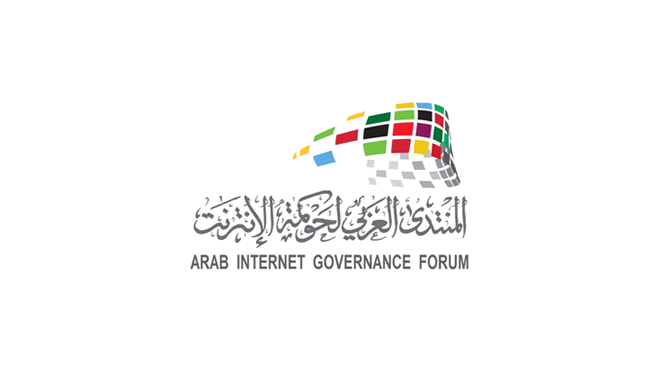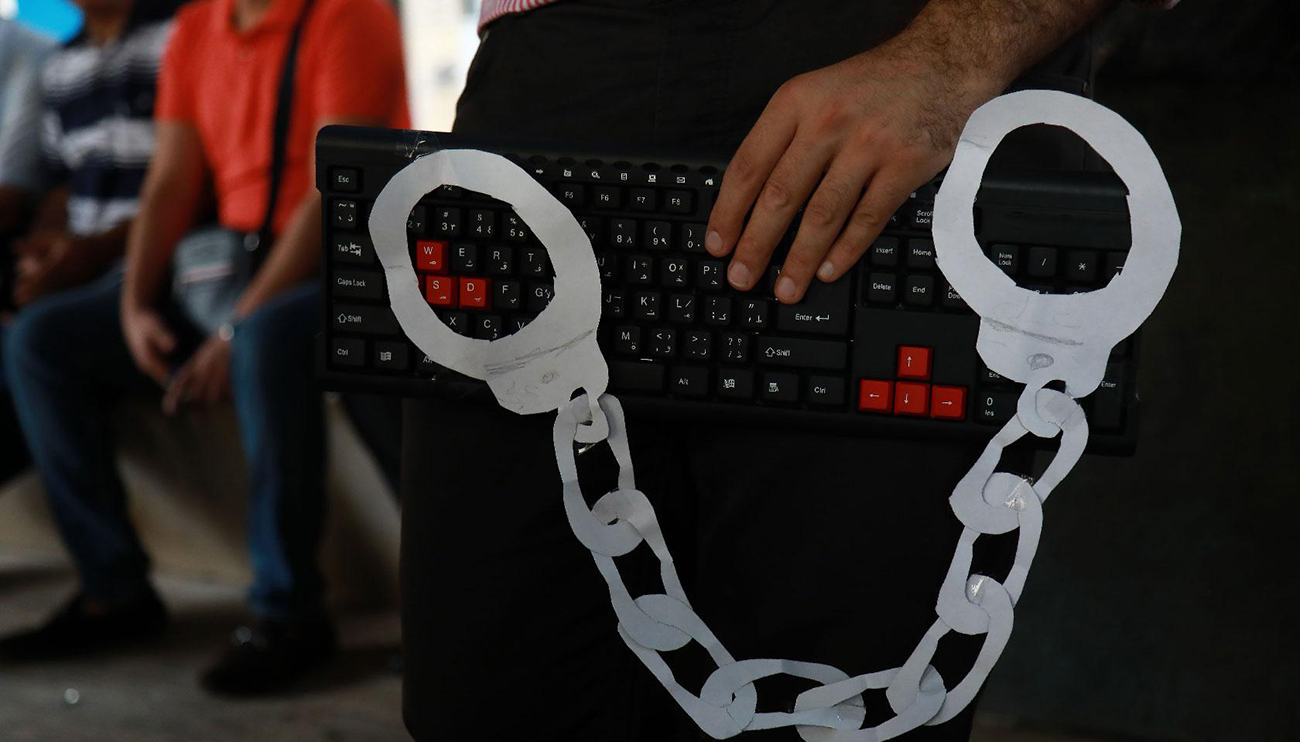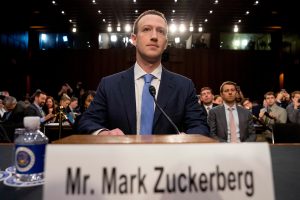This post first appeared on IGMENA’s website on October 16th, 2013; and then on SMEX’s website on October 25, 2013.
The second annual Arab Internet Governance Forum (IGF) held in Algiers represented hope and the opportunity to bring together stakeholders across the Arab region on the topic of Internet governance. While it was a largely missed opportunity, the forum still fostered much needed constructive debate.
The absence of the multi-stakeholder model was the pink elephant in the room. While several participants represented civil society from other Arab countries outside Algeria, there was a stark absence of local representation. The Algerian private sector was well-represented: Three of the major Algerian telecommunication corporations were difficult to miss with large and elaborate booths set up at the entrance to the conference. The Algerian government was, more or less, the star of the show – running and hosting the conference, taking part in every discussion with well-defined messaging, and guiding the general feel of the forum. I did not, however, meet a single Algerian civil society actor. This raised a warning flag for me: how is it that Algeria, the country that hosted the Arab IGF, did not ensure adequate representation of one of the major stakeholders in internet governance?
The forum was a good start for both sharing technical experiences across the region and exposing the problems associated with surveillance and what they mean for the average Arab national’s privacy.
That is not all: the most visibly absent group was the youth. While many youths participated in the Forum as attendees (such as myself), very few were represented any major panel discussions. In the organizers’ defense, there was one panel discussion on the last day on youth and innovation. However, what does innovation even mean when we know that many Arab youth cannot even access the Internet freely and securely? How can innovation ever be encouraged and supported when infrastructural access is limited to those living in urban areas?
Regardless of the limited representation of stakeholders, the Arab IGF fostered good discussion, particularly in the realm of Internet freedoms and absent infrastructure. The forum was a good start for both sharing technical experiences across the region and exposing the problems associated with surveillance and what they mean for the average Arab national’s privacy.
This is quite symbolic of the fact that in many Arab countries, ordinary citizens do not get much of a shot at bringing their voices to the decision-making table.
Other times, however, the conference was emblematic of the very problematic issues it aimed to address. For example, there were very few interactive spaces. The “workshops” held at the forum were essentially smaller sized panels – lots of talking and very little interaction. This is quite symbolic of the fact that in many Arab countries, ordinary citizens do not get much of a shot at bringing their voices to the decision-making table. Another example of this was the glorification that Algerian President Abdelaziz Bouteflika received in the opening ceremony. It went beyond cordial thanks that are expected at conferences – it felt like each opening speech was more or less praising the president and the relevant ministries. This type of rhetoric truly undermined the value of holding an IGF by making it appear to be little more than a diplomatic political show.
The excuse of “balancing liberty and security” was presented by governmental actors
However, the Arab IGF is a forum. The conference’s structure is justly designed to foster debate and discussion – not to solve issues. And in that regard, the conference was a success. The heated debates on privacy and human rights, mostly between governmental actors and civil society actors, provided a context that is more closely connected to reality. The excuse of “balancing liberty and security” was presented by governmental actors, while civil society actors spoke about the drawbacks that monitoring and surveillance of online content has on everyday life. Through these types of debates and discussions, the necessity of having open, free, and secure Internet access becomes more and more clear.
For the next Arab IGF, I highly recommend pushing for greater participation from all major parties – average citizens included. After all, it is the users of the Internet who are most affected by these discussions. Without them, what use would such gatherings have?







